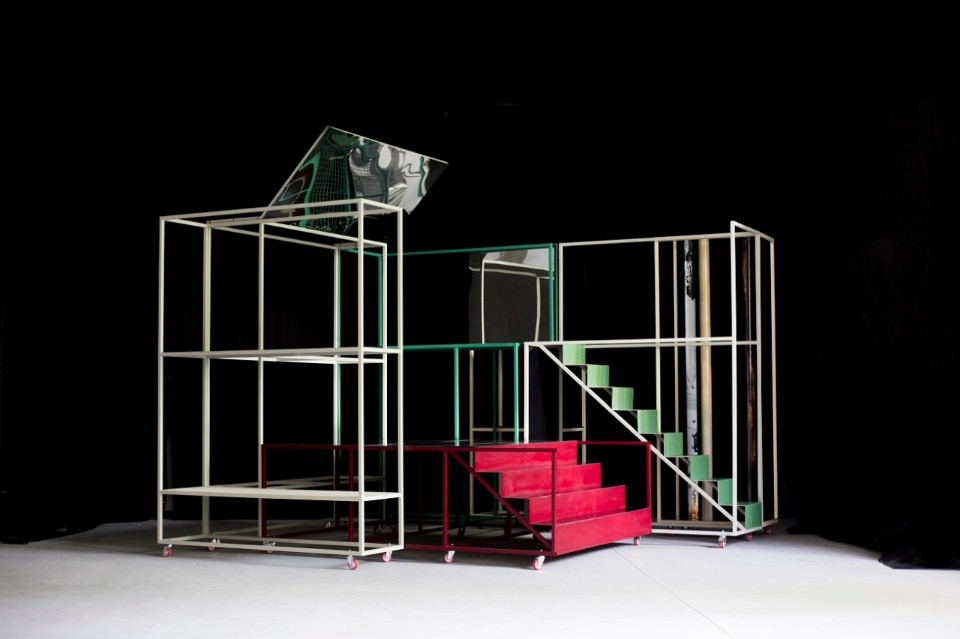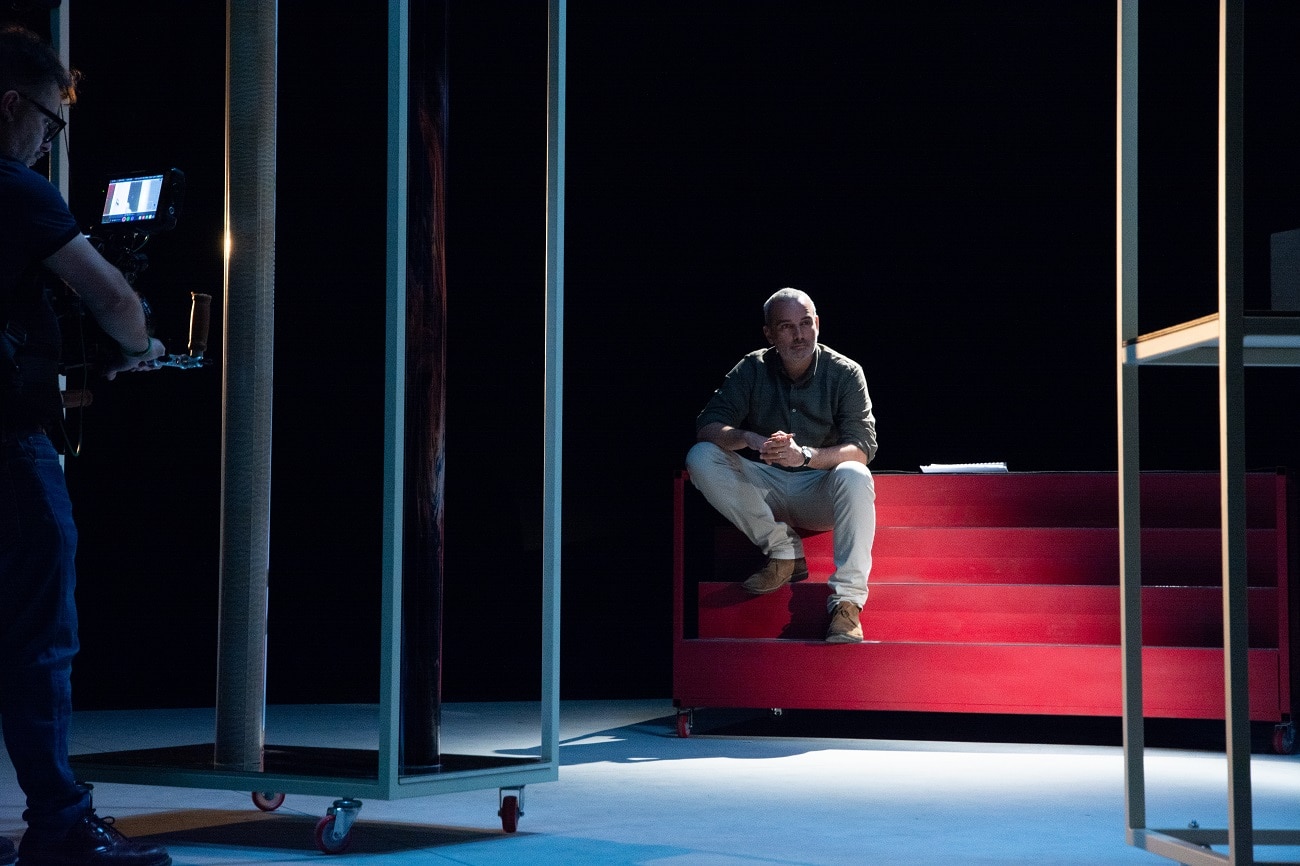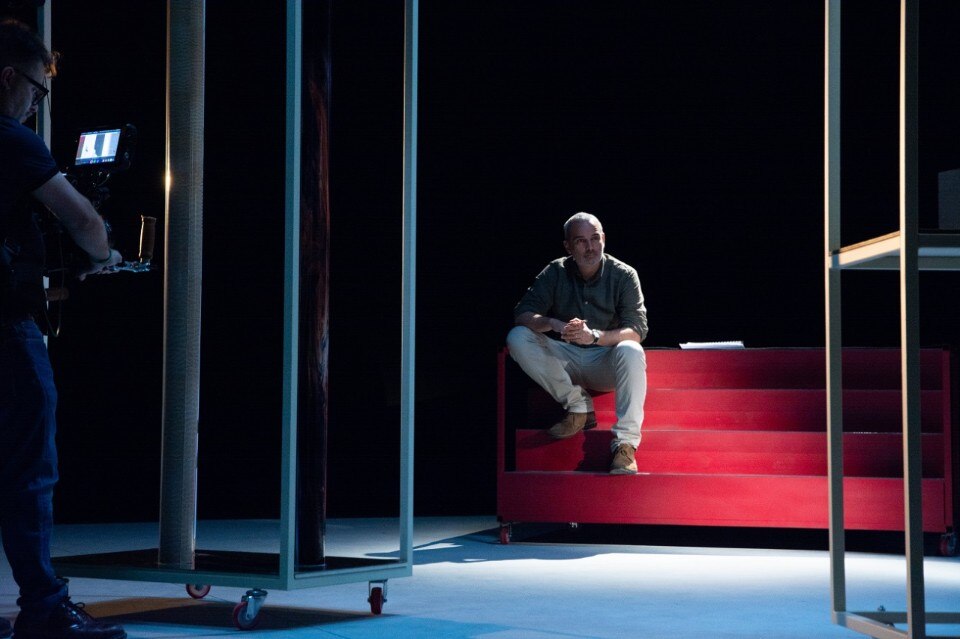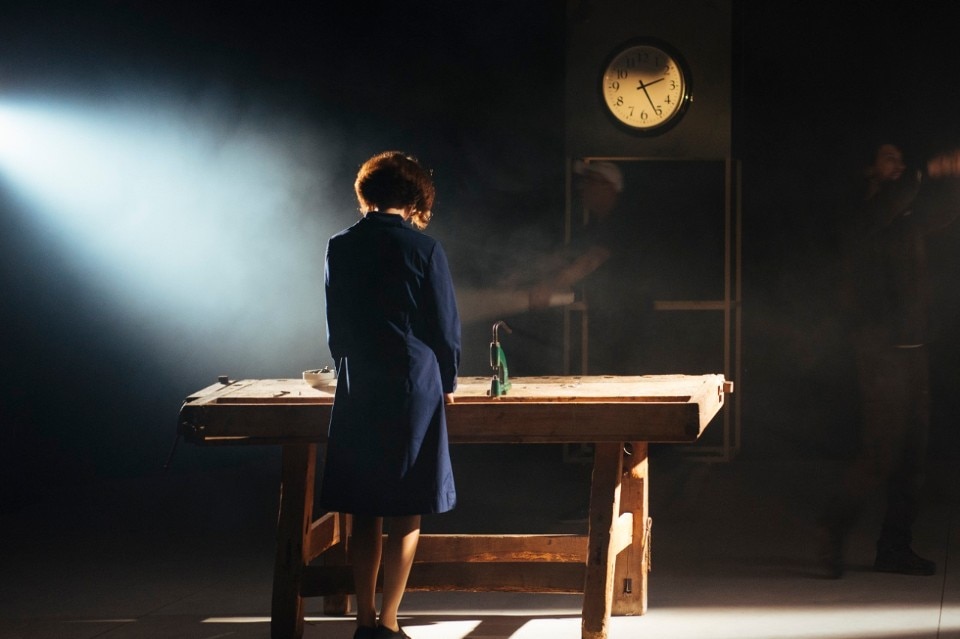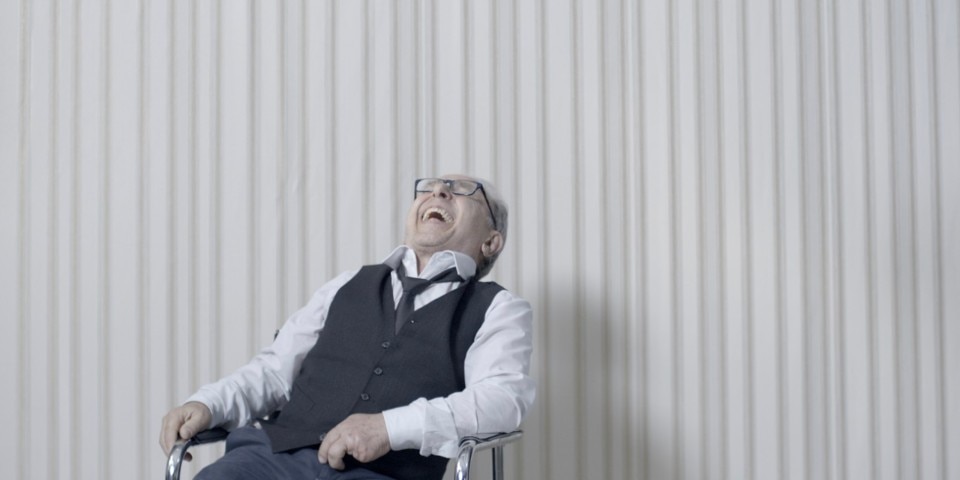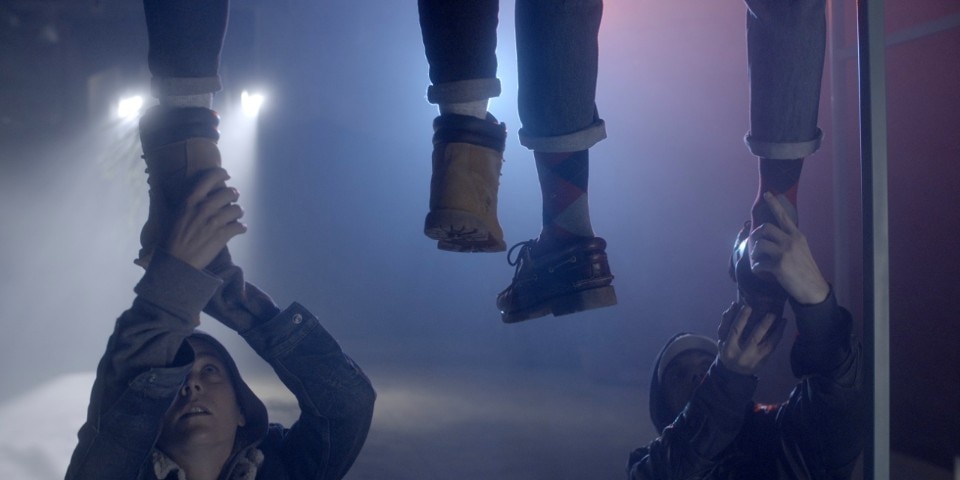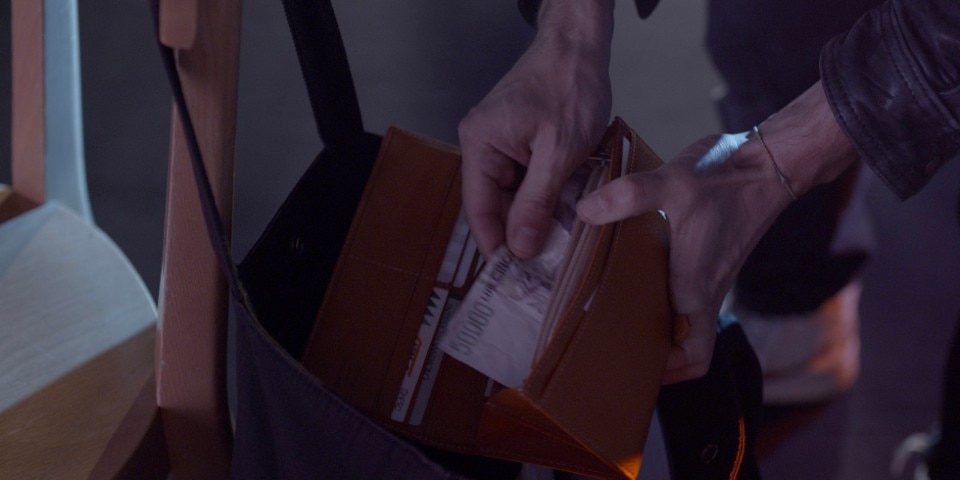The last Danilo Correale’s 35 minutes long film is the result of a research process that led the author to individuate six unrealised Italian film projects, which he then incorporated, combined and recreated in his own work. Led by the archivist Ernesto Mahieux, he watched the unfolding of ideas and scenes belonging to treatments that were never imprinted. These are evocations of an Italian Cinema whose story remains, rightly enough, still to be written. To tell the truth, the movie has also earned the precious collaboration of many public and private subjects, institutional partners, professionals and single people that represented a real support. Moreover, the film by Danilo Correale is becoming part of the collection of Museum Mart and It will be presented in 2019 at Museum MAC in Belfast, partner of the project.
But starting from the beginning, after one year of research enhanced by travels in public film archives, private foundations and meetings with testimonies of Italian cinema, a wide Careof’s dark room, on the ground-floor of Fabbrica del Vapore, introduced the premiere of the film They will say I killed them by Danilo Correale. It actually became more than a premier, recreating a solo show supporting the projection of the film through a metallic structural amphitheatre, an artist book and unpublished documents on the research process that led the artist to the realization of the work.
Over time, the well-known ghosts in Italian Cinema, films have received the attention they deserved, in autobiographies and interviews, and from journalists, critics and scholars. Some have been met with a flourishing of mythologies and legends. Some chimeras have been evoked multiple times for their centrality in the world of a given director; others have been quickly excised from memory by the authors themselves, for the most varied reasons, and are only traceable by digging profoundly in public and private archives. But the Correale’s appropriation of materials means to question the nature of property and the related belonging to a specific timeline.
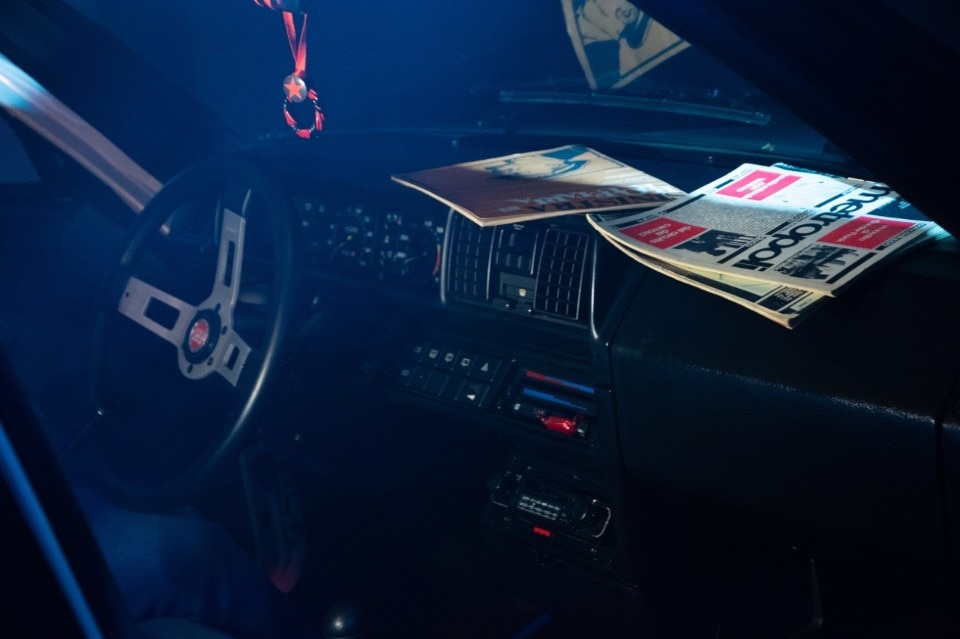
They will say I killed them, moving through the birth of the Republic in 1946 and the political hegemony of the Democrazia Cristiana party, represents an Italian cinema which was thwarted by a sort of constant censorship. It happened for political, religious and moral reasons and in many cases also for economic ones, compelling authors of undeniable prestige to force their stylistic and narrative choices so as to avoid breaking the censorship laws that, notwithstanding the changes and corrections undergone since 1962, still remain active today.
The movie follows the structure of forgotten treatments embodying their original scripts and then re-inventing their cinematic approaches and languages. It’s hybrid form, whose technical and aesthetic solutions tend to turn the narration into a new dimension, cannot be aligned with a single genre. Terrorism, religion, labor, post-colonization issues and mafia crimes are plotted featuring suspended conclusions and articulating a movement that progressively draws out the frame and the force of specific, wider matters.
This film connects ideally and in the form of pure evocation, six screenplays, but also six film genres and six under-represented subjects from the fall of fascism to the birth of the Italian private TV. “The period running up to the production” affirmed the Italian artist “was marked by an alternation of conflicting feelings, moments of euphoria and dejection that could acquire meaning only through an act of resistance against an increasingly uninhabitable political present. Hence the need to build a counter-narrative to this little big story, which is not only that of cinema's contribution to Italian mass culture, from post-Fascism to 1984, but also that of a collective cultural history that urgently needs to be deconstructed and rewritten”.
- Exhibition Title:
- Danilo Correale. They will say I killed them
- Opening dates:
- from September 27 to November 17, 2018
- Curated by:
- Martina Angelotti
- Venue:
- Careof
- Address:
- Fabbrica del Vapore, via Giulio Cesare Procaccini 4, Milan


